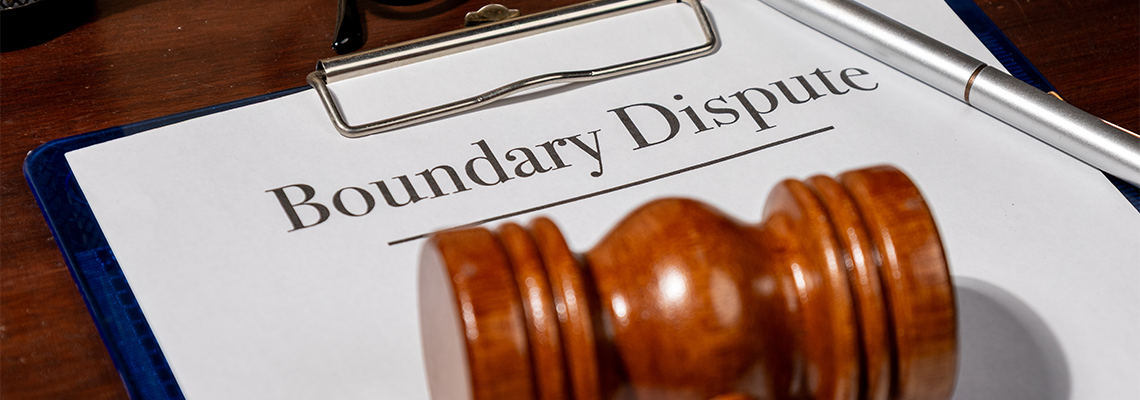Understanding Personal Injury Law in Michigan
Personal injury law in Michigan involves cases of negligence and liability. Michigan’s no-fault law impacts how victims can seek compensation. The statute of limitations guides the timeframe for filing claims.
Defining Personal Injury
Personal injury occurs when someone suffers harm due to another’s negligence. This harm can be physical, emotional, or financial. Key concepts include duty of care and breach of duty. A duty of care is a legal obligation to avoid causing harm. Breach of duty happens when this obligation is not met, leading to liability.
Michigan’s No-Fault Law Explained
Michigan’s no-fault law means that after an accident, our insurance policies cover our own medical expenses. This law aims to reduce litigation and speed up the compensation process. Under this system, we can only sue for severe injuries, disfigurement, or death and if medical bills exceed a certain amount.
Benefits of No-Fault Insurance:
Covers medical expenses
Includes lost wages
Provides replacement services
Statute of Limitations for Filing Claims
The statute of limitations sets deadlines for filing personal injury claims in Michigan. Typically, we have three years from the date of the injury to file a lawsuit. However, it’s crucial to check specific timelines for different injury types. Missing these deadlines can result in losing the right to seek compensation.
Being aware of these regulations helps protect our legal rights in Michigan’s personal injury cases.
Types of Personal Injury Cases and Liability
In personal injury law, different types of cases involve various degrees of liability. We will cover car accidents, slips and falls, and medical malpractice.
Motor Vehicle Accidents and Liability
In Michigan, car accidents are a common cause of personal injury claims. Liability can involve several parties. Drivers are often at fault due to negligence, such as distracted driving or speeding.
In some cases, vehicle equipment malfunctions may be responsible. This could include defective brakes or airbags. We must also consider accidents involving motorcycles and bicycles. These often result in serious injuries due to the lack of protection for the riders.
Drivers and manufacturers can both be held liable in these cases. To establish liability, it’s essential to investigate the accident details and gather evidence. This can include police reports, eyewitness statements, and expert testimony.
Premises Liability: Slips, Trips, and Falls
Premises liability covers injuries that happen on someone else’s property. One common example is a slip and fall accident. Property owners have a duty of care to keep their premises safe.
Hazards like wet floors, uneven sidewalks, or poor lighting can cause accidents. If the owner knew about the danger and did nothing, they might be held liable. It is crucial to document the scene and any unsafe conditions.
Collecting witness statements and photographs can strengthen a case. We need to show that the property owner’s neglect led to the injury. This type of evidence helps demonstrate liability and the extent of the damages.
Medical Malpractice and Negligence
Medical malpractice is another critical area. It happens when a healthcare professional fails to provide the proper treatment. This could involve misdiagnosis, surgical errors, or medication mistakes.
Doctors and hospitals owe a duty of care to their patients. When they fail in this duty, the patient could suffer serious harm. Establishing liability in these cases often requires expert testimony. Medical records and expert opinions help determine if the standard of care was not met.
Neglect by healthcare providers can lead to severe consequences. It’s important for us to thoroughly investigate these claims to ensure justice for the injured party. Each case is unique and requires careful attention to detail.
The Personal Injury Claim Process in Michigan
Michigan residents dealing with personal injury cases face a structured process, including securing compensation through settlements and understanding what happens when cases go to trial. Key elements like evidence, lawyer assistance, and dealing with insurance companies are crucial.
Securing Compensation Through Settlements
We begin by gathering evidence, such as accident reports and medical bills. It’s essential to have strong documentation to support our case. This includes witness statements and any other relevant information that can strengthen our claim for compensation.
Once we have all the necessary documentation, our personal injury attorney will start negotiations with the insurance companies. These professionals are skilled in maximizing the compensation for damages like medical expenses, lost wages, and emotional distress. Negotiations can be lengthy, so patience is vital.
A successful outcome often means securing a fair settlement without going to trial. This not only saves time but also offers peace of mind. If negotiations are successful, we receive financial compensation, covering the damages incurred from the injury.
When Personal Injury Cases Go To Trial
If a settlement cannot be reached, the next step is going to trial. Our lawyer will file a lawsuit before the filing deadlines specific to Michigan. This stage is more formal and requires presenting our evidence in front of a judge or jury.
During the trial, testimonies from witnesses play a critical role. These statements can make a significant difference in the court’s decision. Both sides, ours and the defendant’s, will present their arguments, and the court will weigh the evidence.
Trials may take longer and involve more stress, but they often lead to a more substantial financial compensation if we win. The focus is on proving our case strongly to achieve a successful outcome and obtain the damages we deserve.



